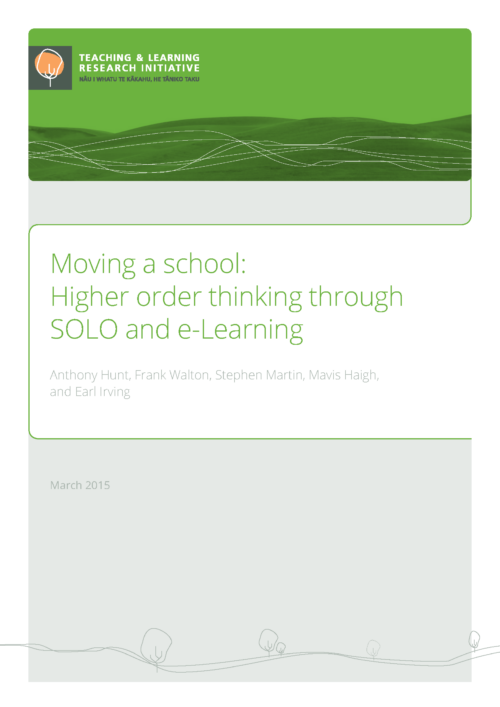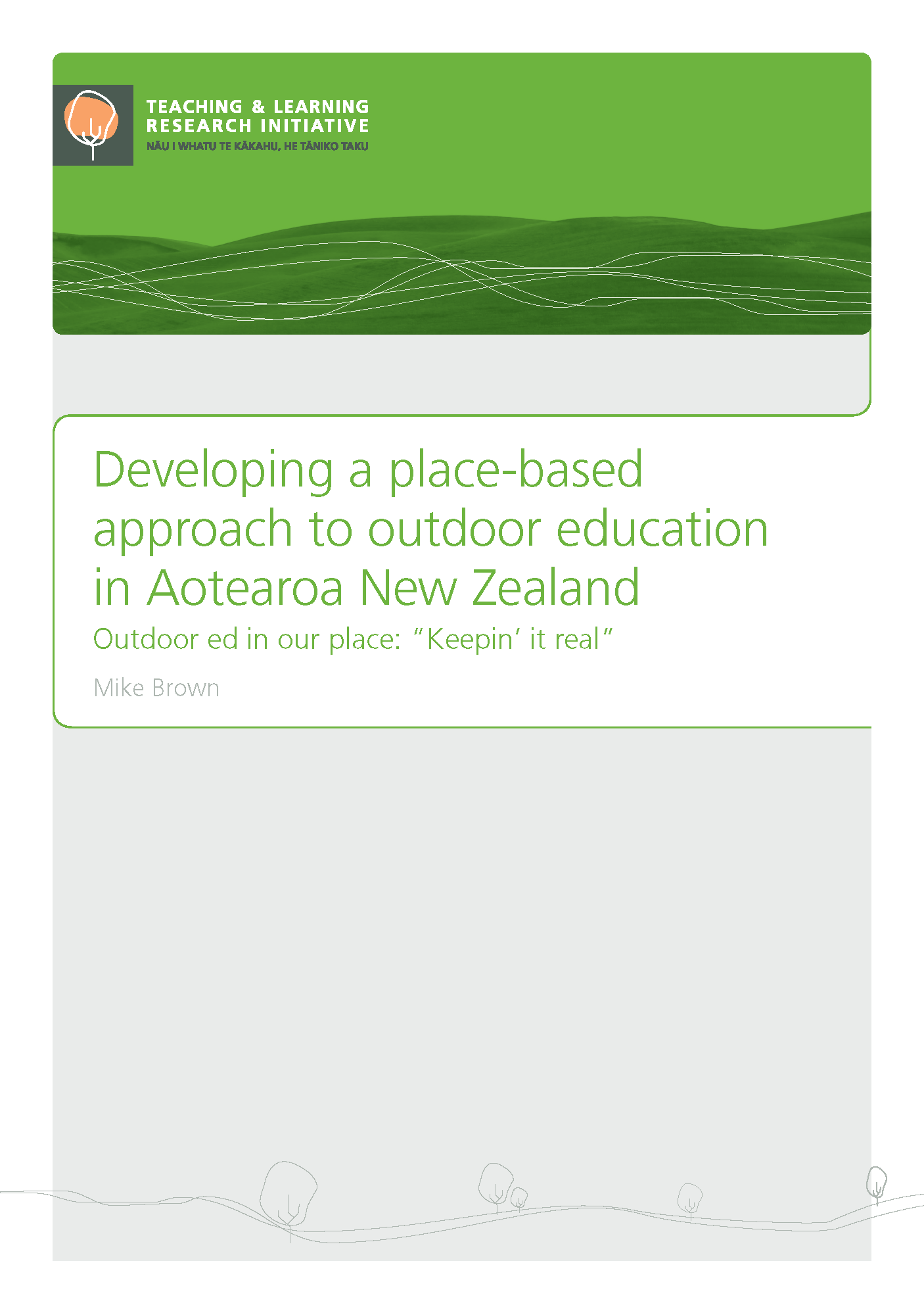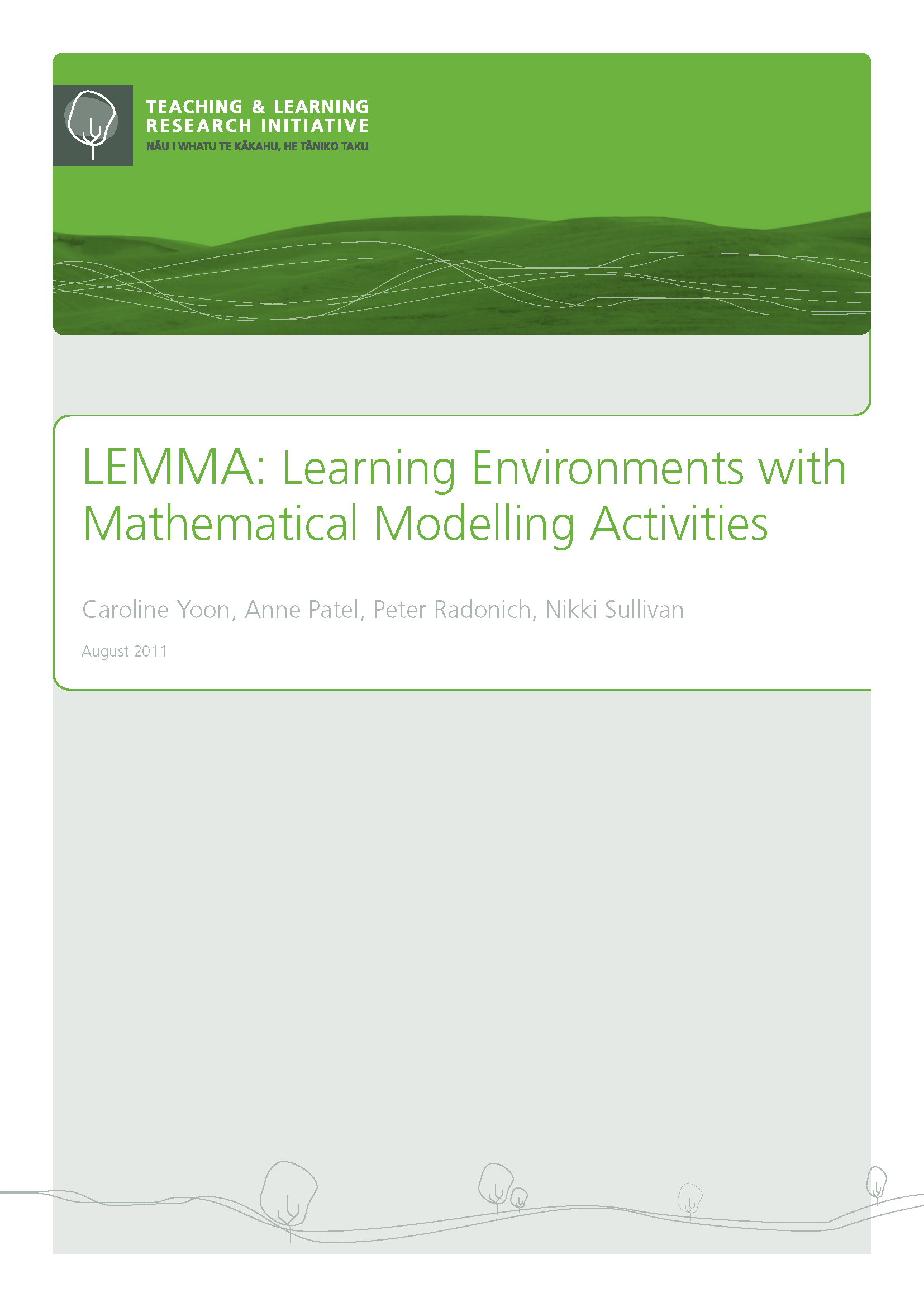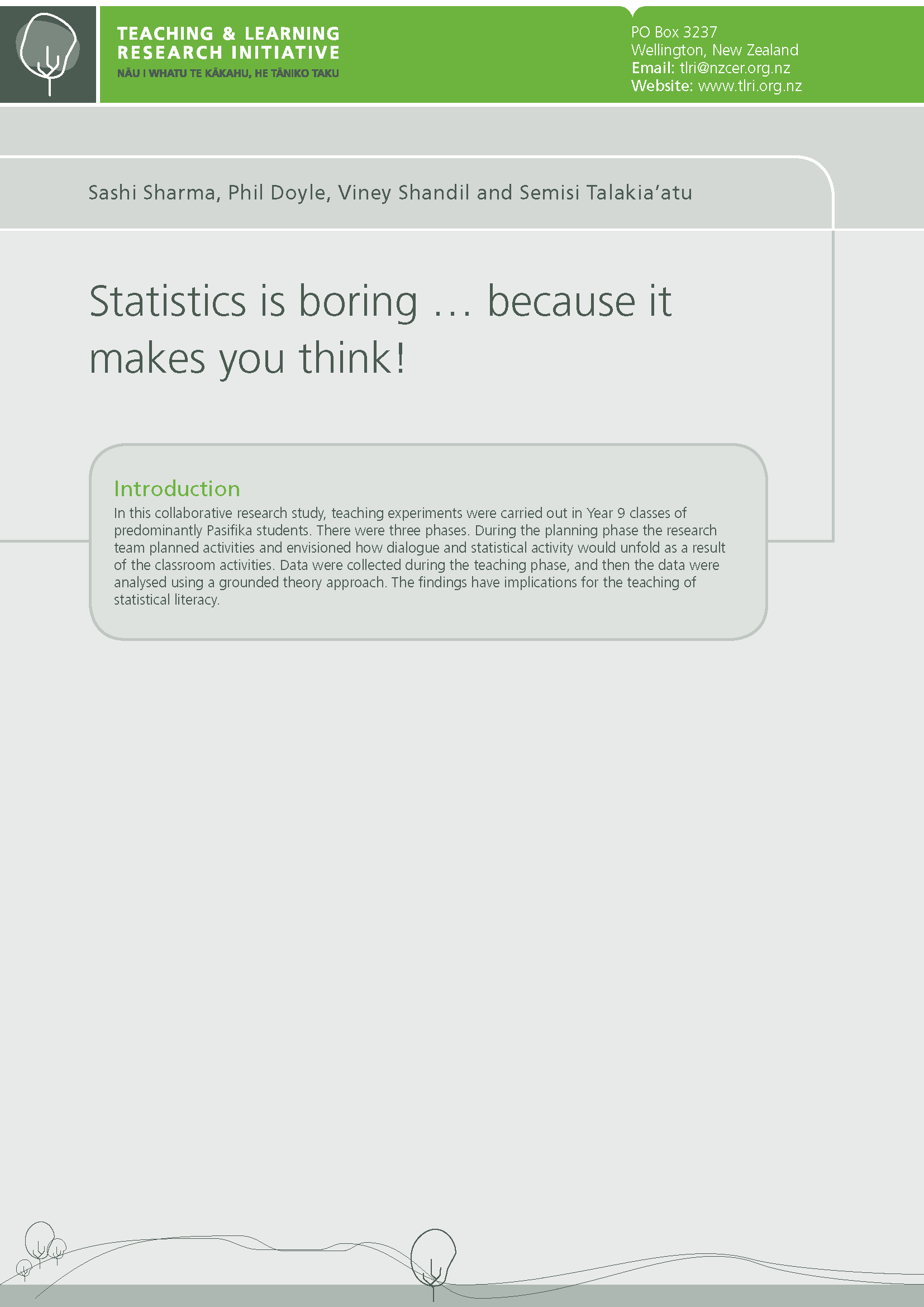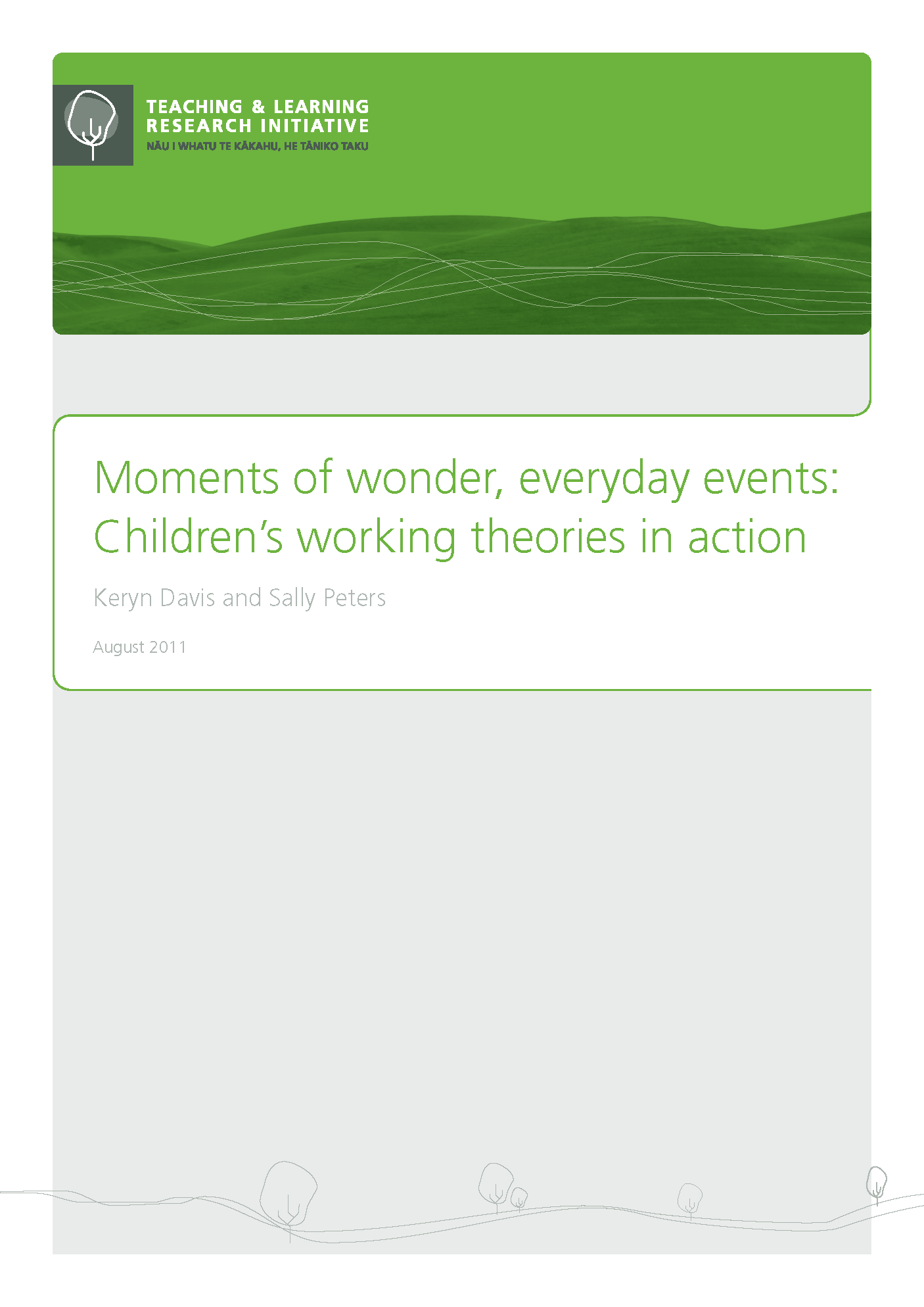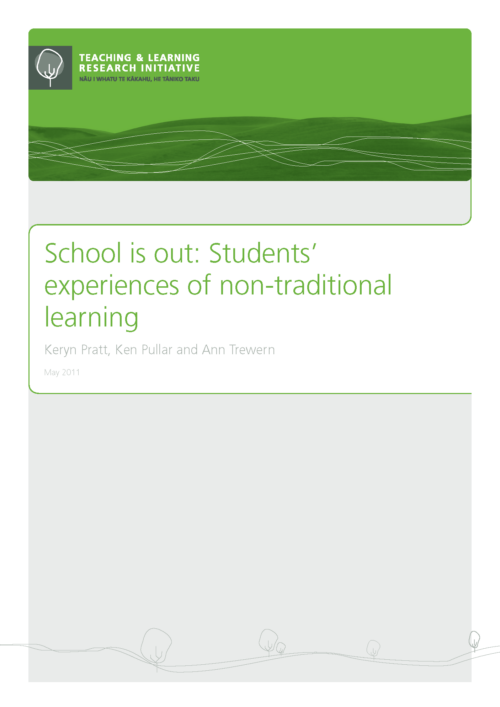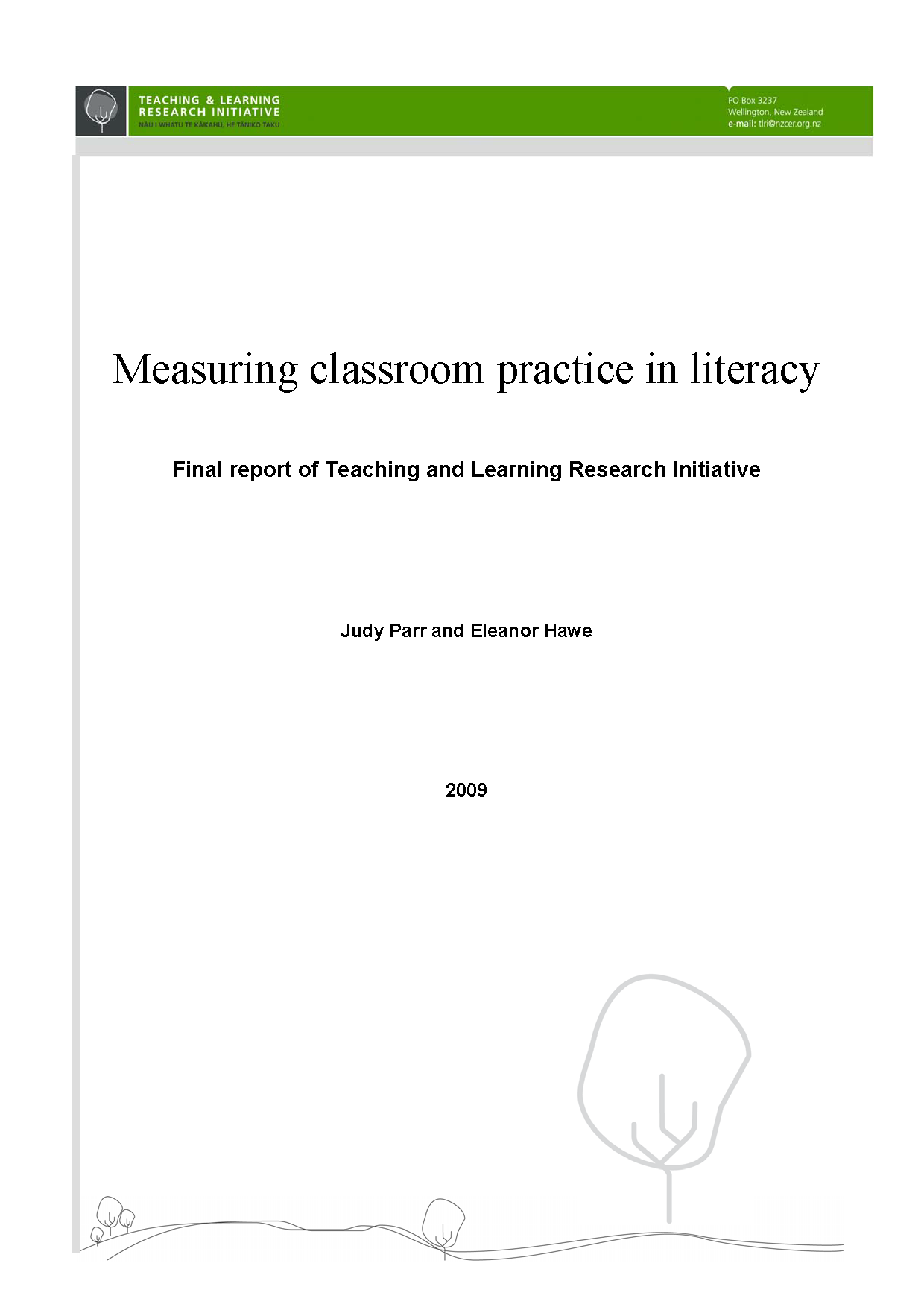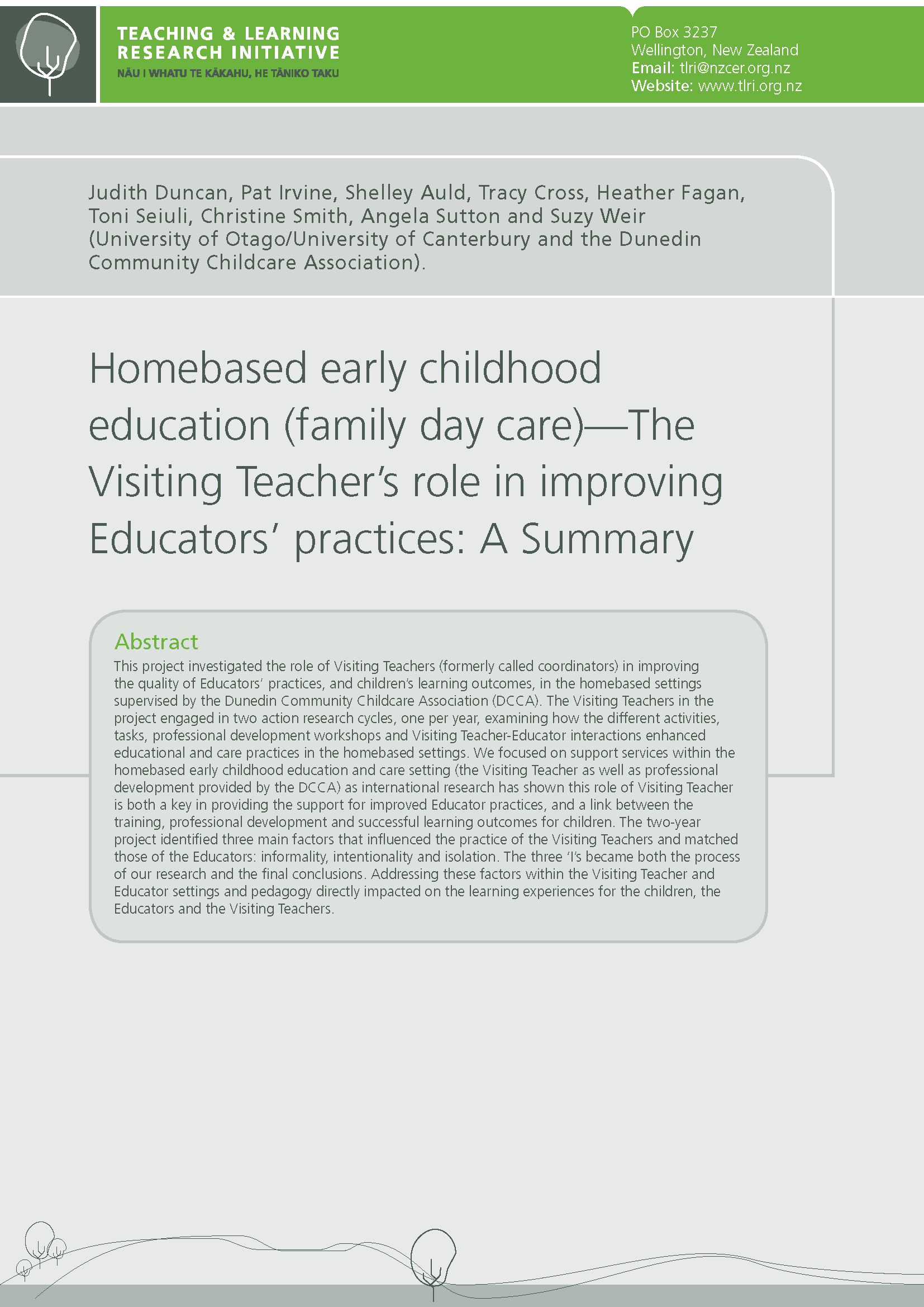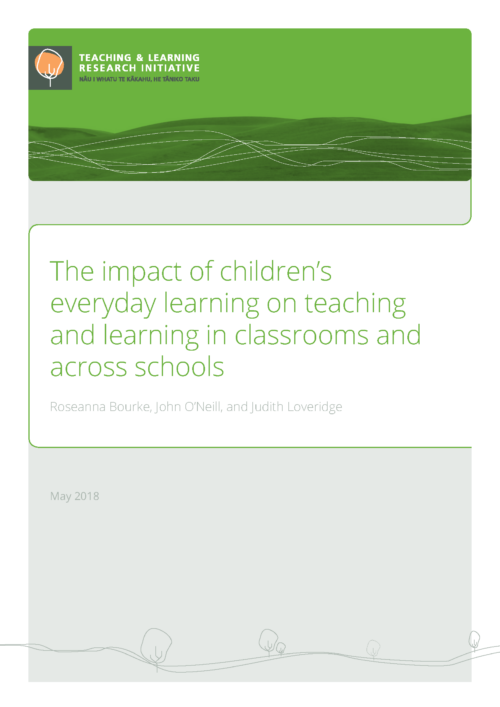
The impact of children’s everyday learning on teaching and learning in classrooms and across schools
Tū mātātoa, kei kiriora tō tū[1] Stand strong lest you become complacent A child in this study told us that he had learned he was brave by travelling on a Halloween train journey that engendered fear and trepidation. Months later, this child asked a researcher that his teacher be told he was ‘the brave one’. When asked why, he explained that his teachers would feel comfortable giving him more difficult tasks: “I am brave to give it a go … I’m not scared so it would help me because I wouldn’t be scared, I’d be brave. She would know that I’m not scared of anything so she doesn’t have to be

